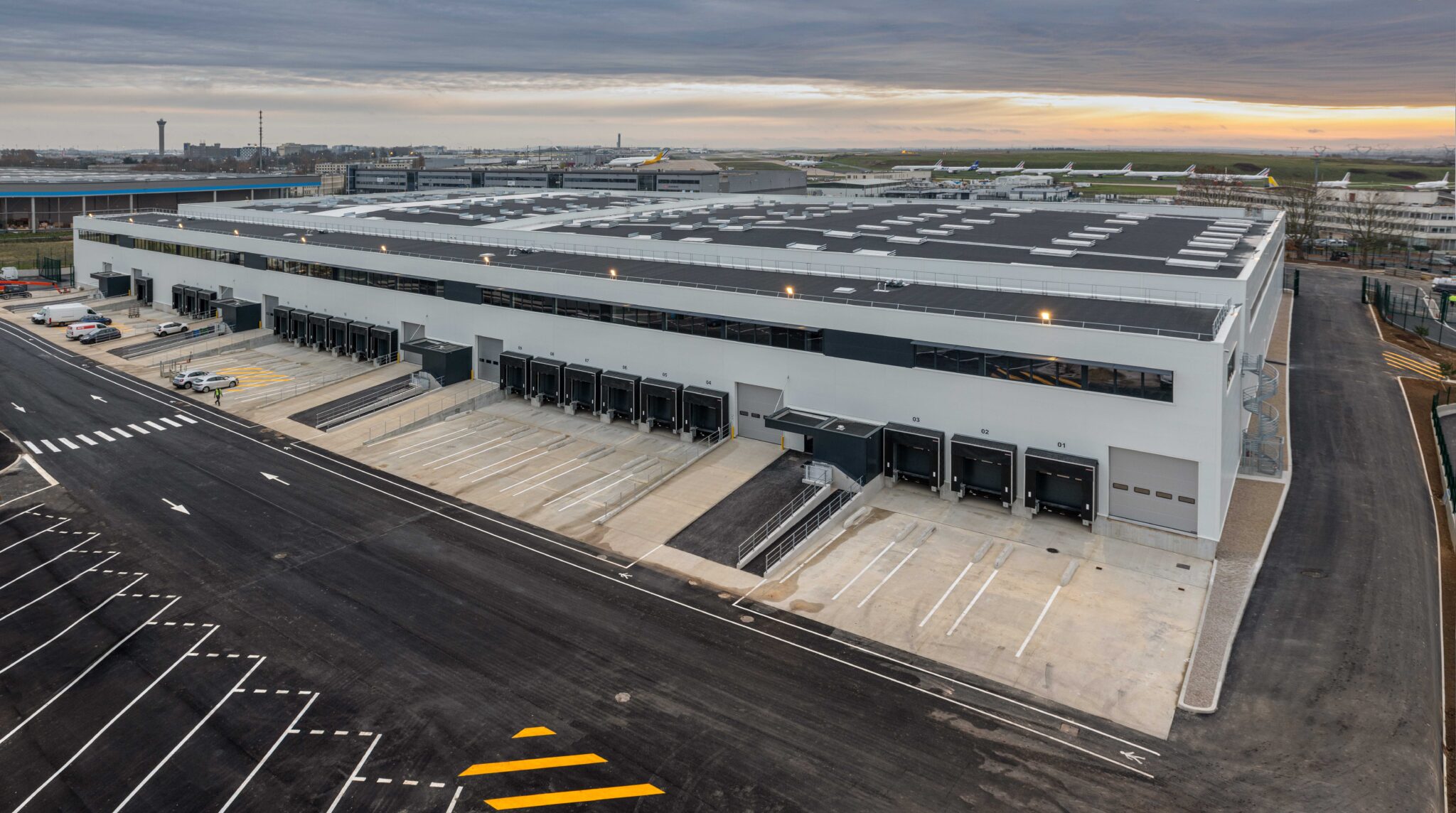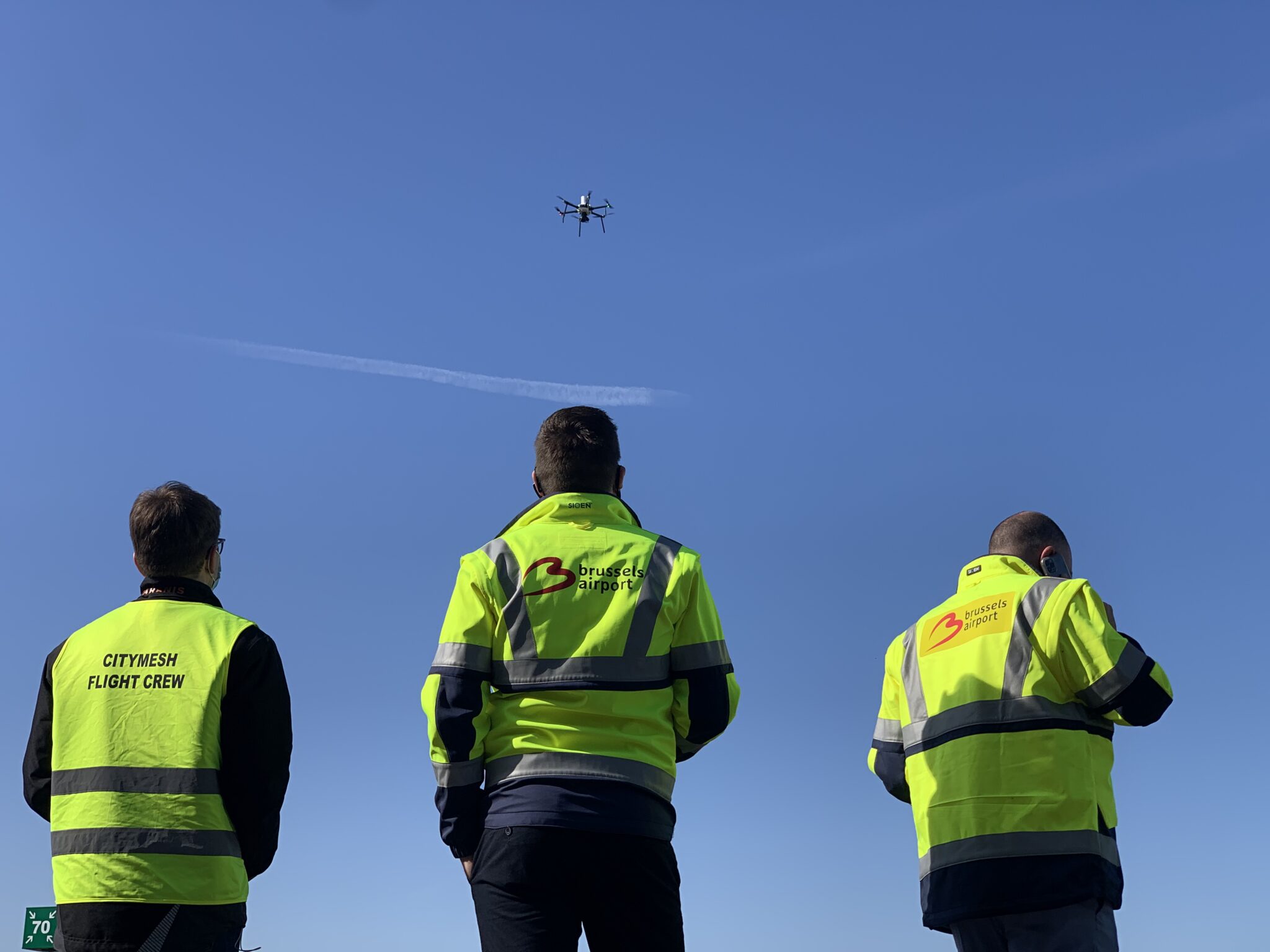DHL Supply Chain Iberia and Iberia Maintenance have signed a contract through which DHL will manage the internal logistics of spare parts and components for Iberia Maintenance at its La Muñoza hub in Madrid and also at the Madrid-Barajas Adolfo Suarez and Josep Tarradellas Barcelona-El Prat airports.
In addition to this contract, DHL provides Iberia Maintenance with global distribution of these spare parts when the need arises at any of the customer airline’s destinations around the world.
This contract with DHL also includes the logistics of Iberia’s IT and aircraft supply warehouses, where a large part of the elements necessary for the in-flight service are managed.
The new agreement also continues the solid relationship that Iberia and DHL have maintained for years, with Iberia Maintenance providing maintenance, repair and overhaul services for DHL’s fleet of engines since 2008. Specifically, Iberia Maintenance has serviced more than 113 RB-211 engines used in the Boeing B757s of DHL’s subsidiaries DHL Air UK and Blue Dart at its engine workshop in Madrid.
In the new contract signed by Iberia Maintenance and DHL, DHL Supply Chain’s mission will be to ensure the supply of material on demand for Iberia Maintenance technicians, and to reinforce the logistical design to ensure the reliability and visibility that this supply chain requires to optimise planning and improve the availability of the aircraft.
All this within a redefinition of the pre-existing logistics processes and with a strong focus on continuous and exhaustive stock control and inventory and material movement management, carried out by DHL with advanced digitalization tools, which will allow operations to adapt to the demand of Iberia Maintenance’s different business units in a timely manner, with the maximum quality and efficiency of service required in this complex environment.
Iván González Vallejo, Maintenance Strategy and Supply Chain Director, says: “This strengthened partnership will guarantee real-time traceability of parts moving through our system, complete inventory accuracy and the integration of the freight forwarding activity that DHL has been developing for the last three years for Iberia Maintenance.”
Matilde Torquemada, Business Development Director of DHL Supply Chain in Spain, explains: “It is an honour and a source of pride that a company like Iberia Maintenance, a benchmark in quality and customer commitment, has placed its trust in DHL to guarantee its spare parts logistics, a critical area in which DHL Supply Chain can provide enormous experience. This is a long-term agreement in which DHL provides rapid implementation with seamless transition and business continuity in these value-added services for the airline’s MRO operations, providing agile execution and centralised logistics decision making.”
Among other advantages, this new agreement allows Iberia Maintenance to integrate the interface of this logistics operation with its transport control tower, which reinforces the precision in the inventory of key parts for Iberia Maintenance’s maintenance and repair operations and guarantees real-time knowledge of the complete traceability of the components, knowing at all times where they are and their arrival times at their destination.











